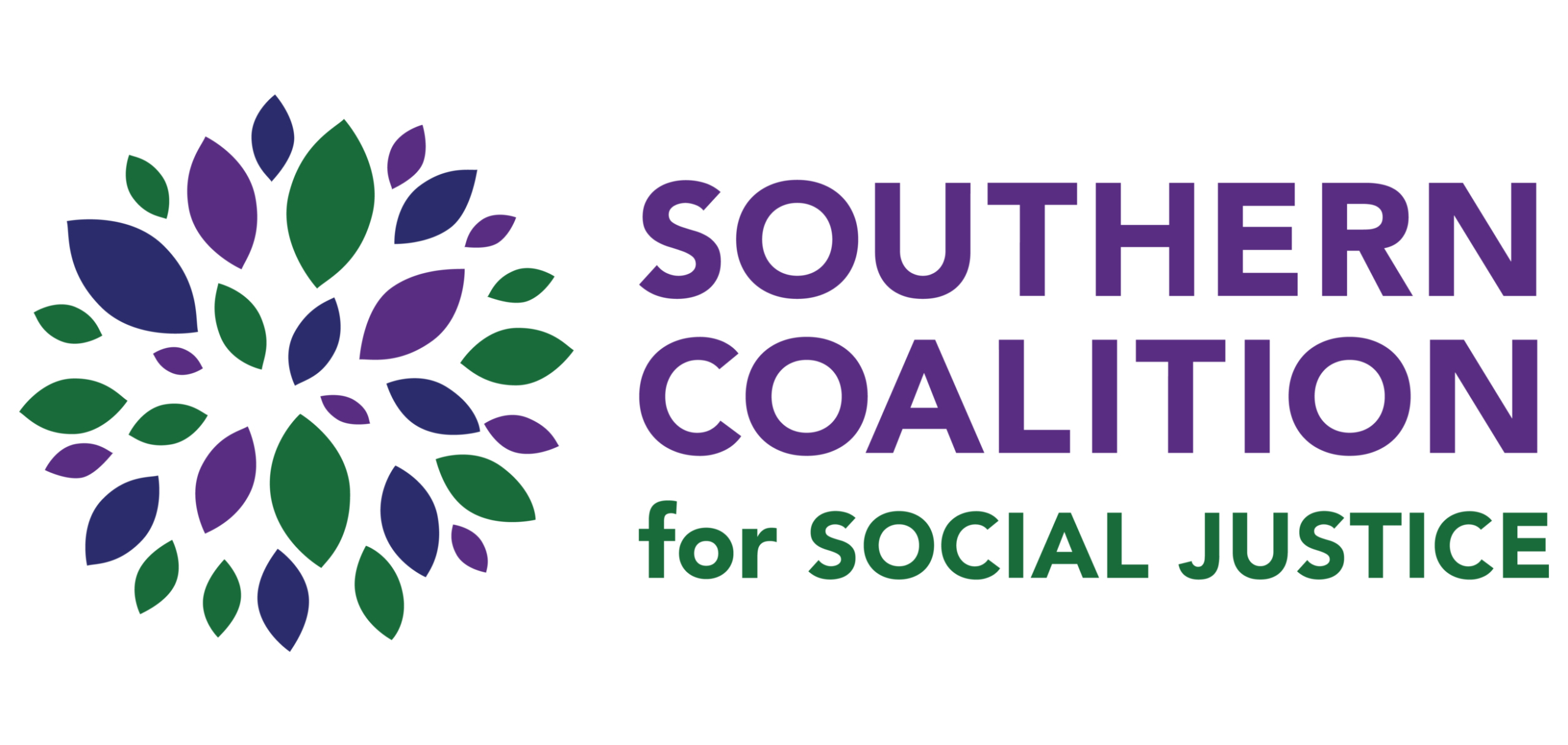When Patty Almond ran for Mayor of the town of Mt. Gilead in November, 2011, she lost by just two votes. However, in that election at least four African-American voters were improperly denied the right to vote when poll officials erroneously told them they did not live within the town boundaries. Even though they had voted in numerous previous city elections, this time they were turned away without a ballot and told to go to city hall to sort things out. Humiliated and discouraged, they returned home without being able to cast their votes. SCSJ’s staff attorney Clare Barnett represented Patty Almond in an election protest. After an appeal to Superior Court, the North Carolina State Board of Elections voted unanimously on September 4th to order a new election for the office of Mayor of Mt. Gilead. The voters improperly denied the right to vote in 2011 will be allowed to cast their votes in the new election. Mt. Gilead, in Montgomery County, has a total population of 1,181, of whom 56% are Black.

